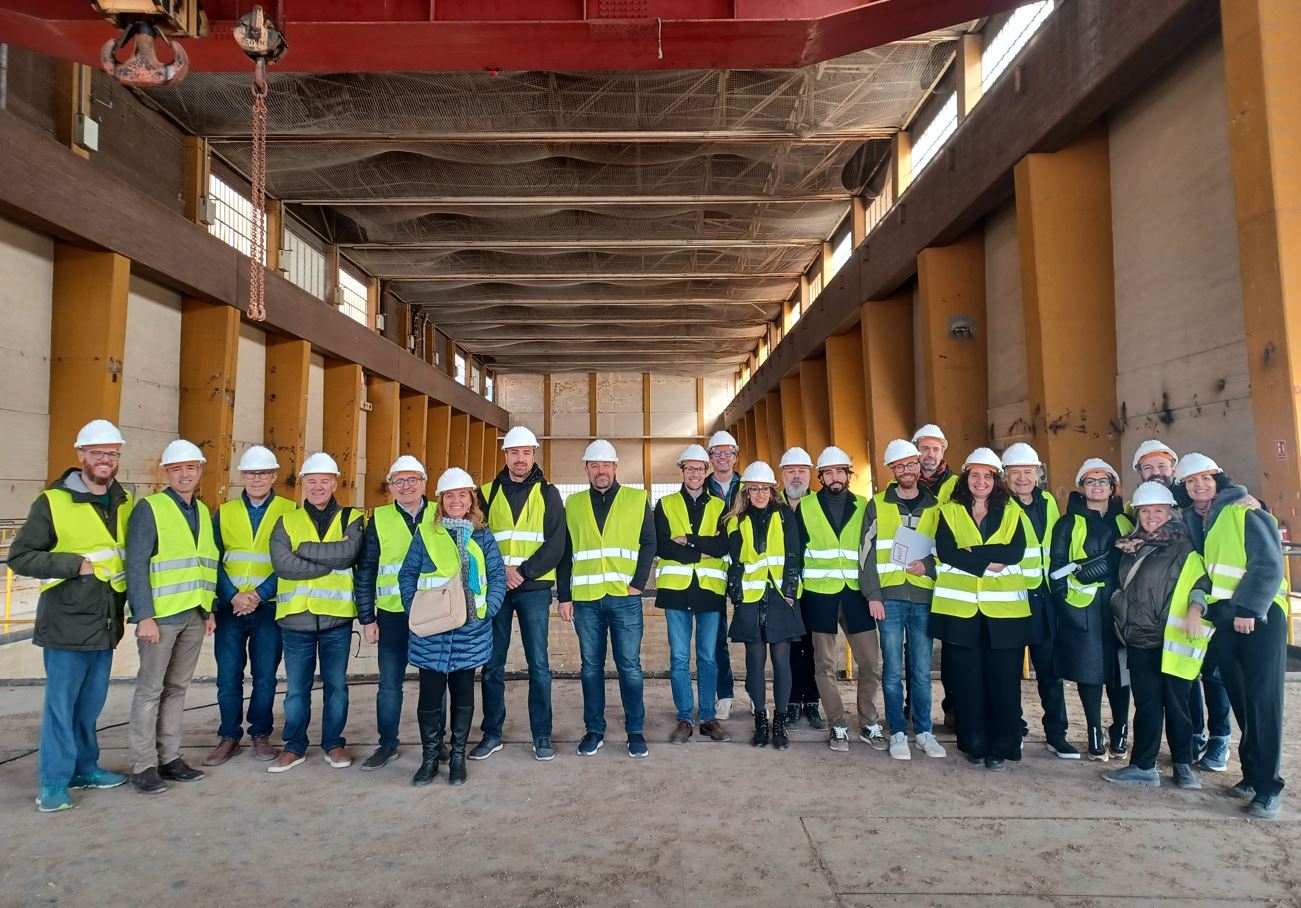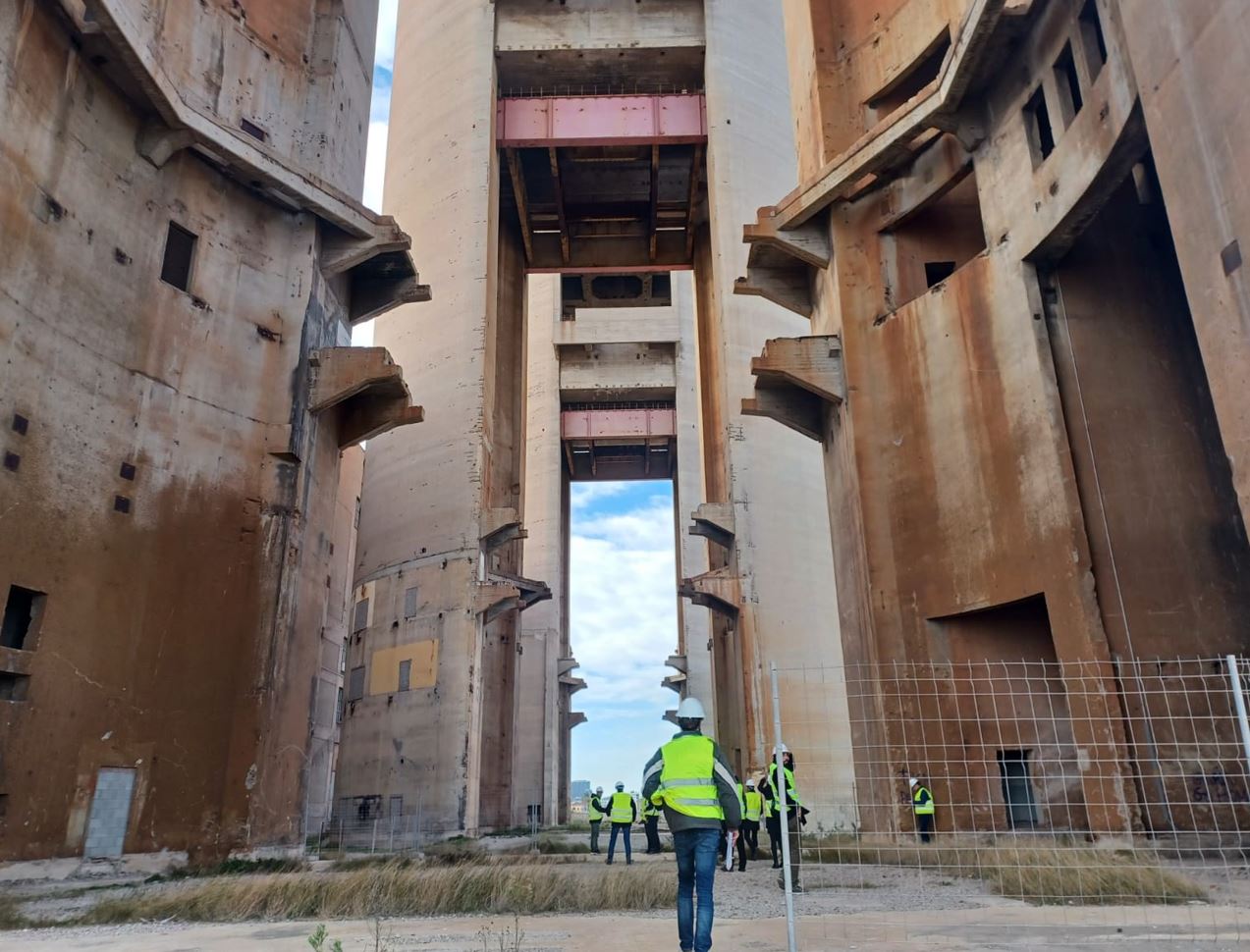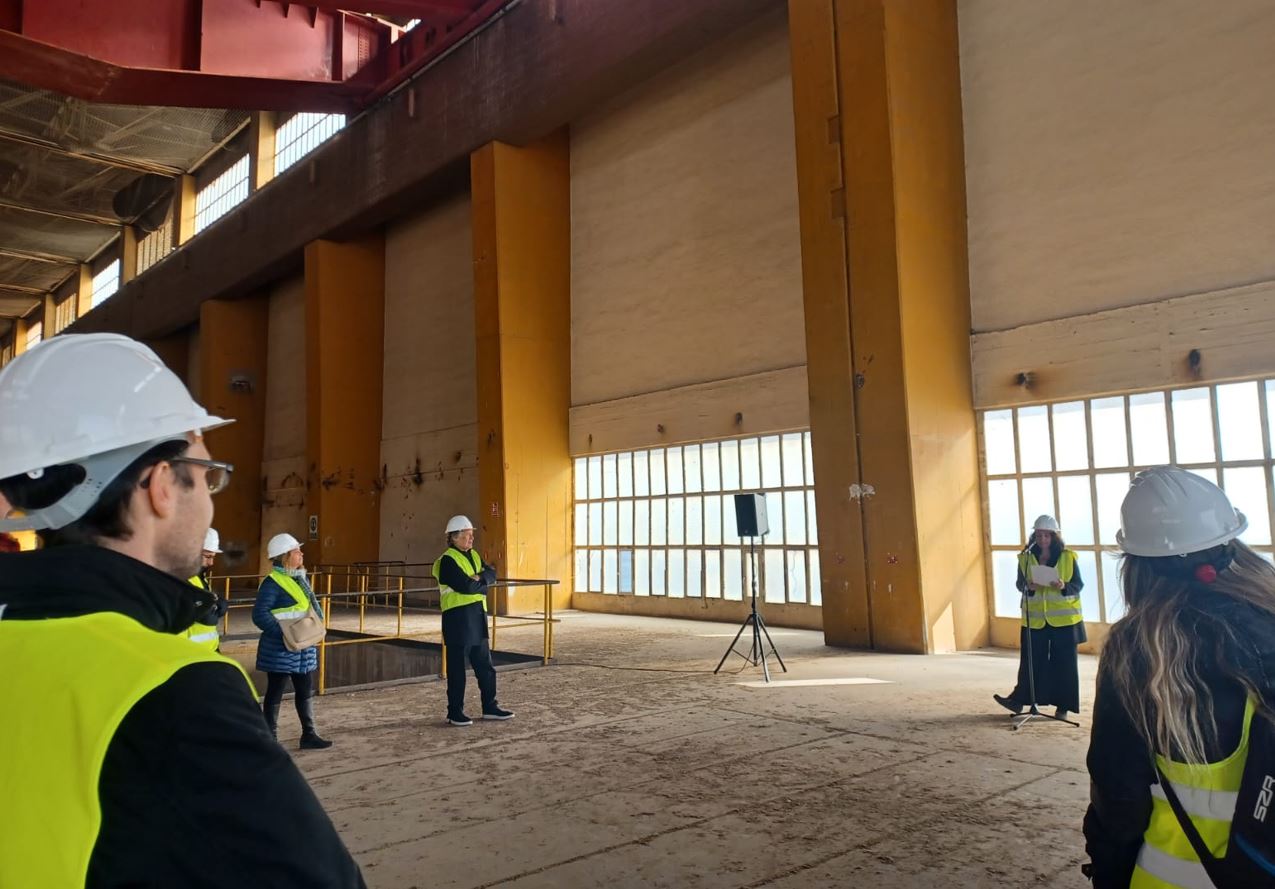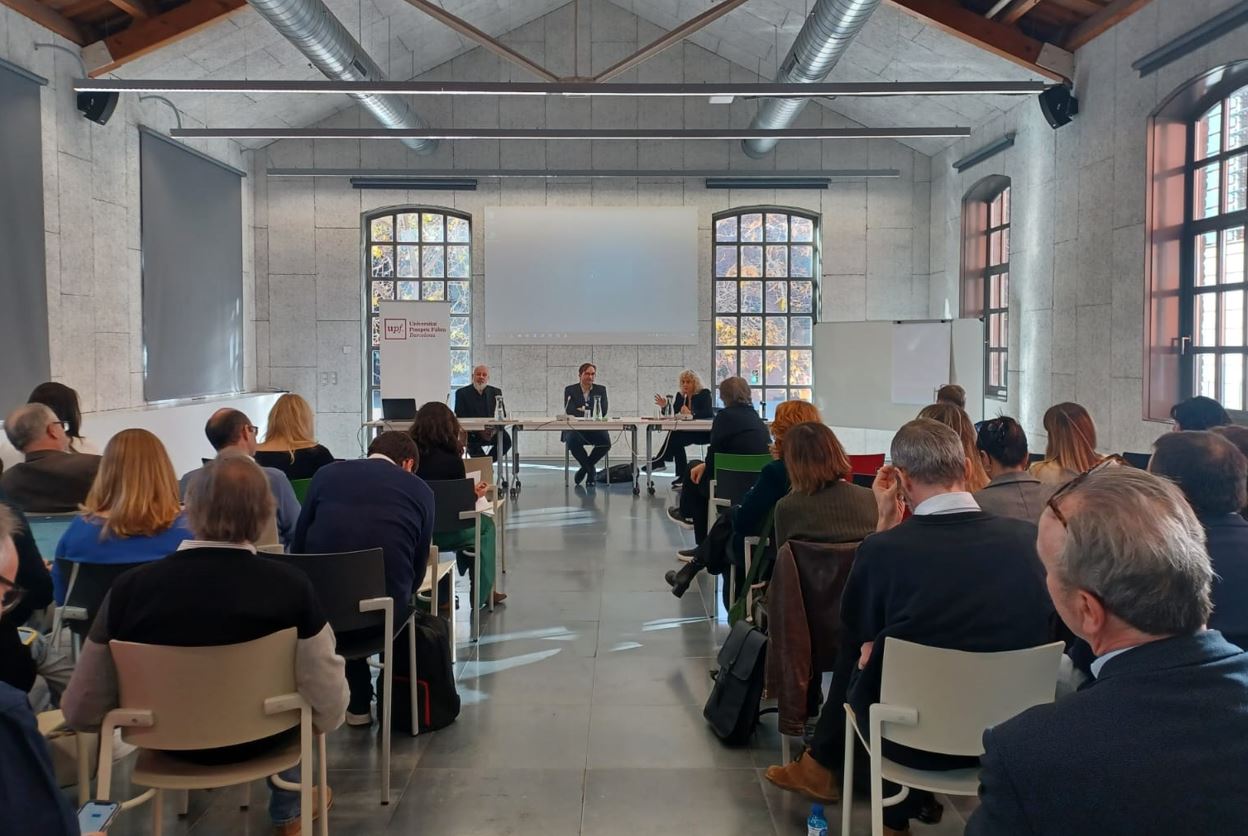A call sent from Barcelona for Europe to lead the way in communication and ICT in the future, based on ethical and democratic criteria
A call sent from Barcelona for Europe to lead the way in communication and ICT in the future, based on ethical and democratic criteria
A call sent from Barcelona for Europe to lead the way in communication and ICT in the future, based on ethical and democratic criteria
To this end, this morning saw the presentation of the Barcelona Charter for a fair and truthful communication ecosystem in Europe. The statement is fostered by the Chair in Futures of Communication, promoted by UPF together with more than fifteen sector media, companies and organizations. Experts from the world of communication from all over Europe have also participated in its drafting.

Technological innovations, and advances in the field of artificial intelligence in particular, are marking the evolution of the world of communication and it is essential that their application in this field should take ethical criteria into account. Precisely with this in mind, today the Barcelona Charter for a fair and truthful communication ecosystem in Europe was presented. The statement is fostered by the Chair in Futures of Communication, promoted by UPF together with more than fifteen media, companies and organizations in the sector.
The Charter was presented this morning at the Three Chimneys of Sant Adrià de Besòs, after discussing its contents during the Crosspoint Meeting: Echoes of the Future, which began yesterday on the UPF Poblenou campus. The space where the Charter was read today symbolizes the importance of predicting future trends in communication, since the Three Chimneys are to host Catalunya Media City in the future, promoted by the Government of Catalonia. UPF is participating in the working groups that are designing this strategic project.

After a visit to the Three Chimneys, Jordi Balló, director of the Chair in Futures of Communication, introduced the presentation of the Charter, summarizing the reasons that led to its drafting: “We have been driven by the idea of predicting the future of communication with the participation of representatives from different countries, since the future of communication will not only be marked by technologies and regulation, but also changes and the perspectives of the citizens themselves”.
Vanesa Daza, vice-rector for Knowledge Transfer (UPF): “we need to prepare the different agents involved so that technological advances are applied for the benefit of fairer and more sustainable communication”
Vanesa Daza, vice-rector for Knowledge Transfer, spoke on behalf of the UPF governing team. Daza stated that “we need to prepare the different agents involved so that technological advances are applied for the benefit of fairer and more sustainable communication” and the Barcelona Charter aims to “call to Europe” to “strengthen its role” to this end.

Representing the Catalunya Media City project, Miquel Rutllan, president of the Catalunya Audiovisual Cluster, explained that one of its objectives is precisely for authorities, universities and companies in the sector to “work together” towards this goal, in addition to becoming a European benchmark in the future of communication connected with other hubs in the world.
Some of the experts from all over Europe involved in the Echoes of the Future conference also participated, such as Bugge Holm, head of innovation and technology at the Copenhagen Institute for Future Studies. For Holm, it is essential that the European communication sector should “prepare for the future” and that spaces should be opened to “reflect” on possible scenarios. Dieter Boen, director of Flemish public television, and Matthias Schneider, co-founder of the innovation consultancy Nouvel, also spoke in the same vein. After their speeches, the Charter (full text in Catalan) was read by Bertran Salvador, coordinator of the Chair in Futures of Communication.
14 points for a fair and truthful communication ecosystem in Europe
The text consists of a total of 14 points on the characteristics that the communication ecosystem of the future in Europe should have. On the one hand, it is committed to strengthening current mechanisms to guarantee citizens’ ownership and privacy of their personal data; to promoting transparency in the use of public domain data and their use by research groups at university and research centres; and to generating fair algorithms. The document also refers to the need to verify the origin, ownership and authorship of texts and audiovisual content and to look after languages and dialectal variants. It is also committed to intensifying the study of the psychological impact of new trends in communication among children and young people. At the same time, it urges the European authorities make the field of communication and technology a strategic sector of the economy and to sign a new social contract.
Proposal to create the European Institute of Prospective Communication
According to the Charter, Europe must move towards technological sovereignty. In this regard, the text proposes that European Community institutions should create a “European Institute of Prospective Communication”. It would be a laboratory of ideas and experimentation that would operate as a bridge between industry, academia and institutions and would become the beacon for the communication ecosystem of 21st century Europe. Today, Miquel Rutllan, president of the Audiovisual Cluster, proposed that this European institute could be integrated into the future Catalunya Media City.
End of the Crosspoint Meeting: Echoes of the Future

The presentation of the Charter drew the Echoes for the future symposium to a close. It had enjoyed the participation of experts from seven different European countries, such as Natali Helberger, a professor of information law at the Institute for the Right to Information at the University of Amsterdam and an expert in the regulation of AI; and Nic Newman, a senior researcher associated with the Reuters Institute who studies press and media trends. Participating on behalf of the European Commission were Diego Agúndez, representative of DG Connect, and Néstor Duch-Brown, director of the Digital Economy Unit of the Joint Research Centre.
